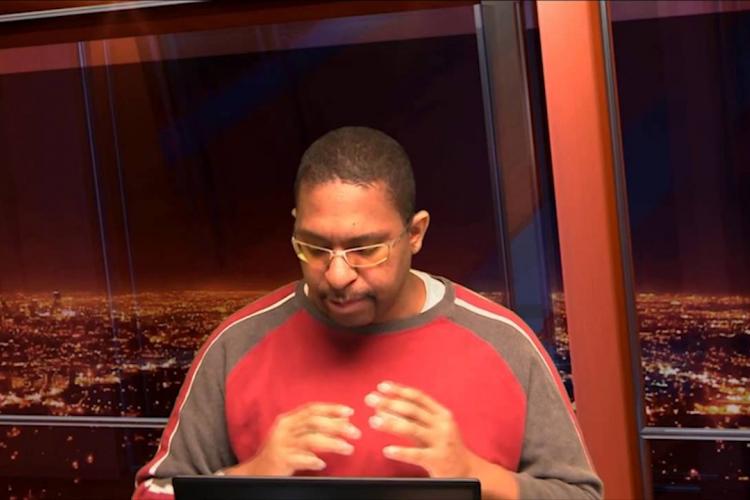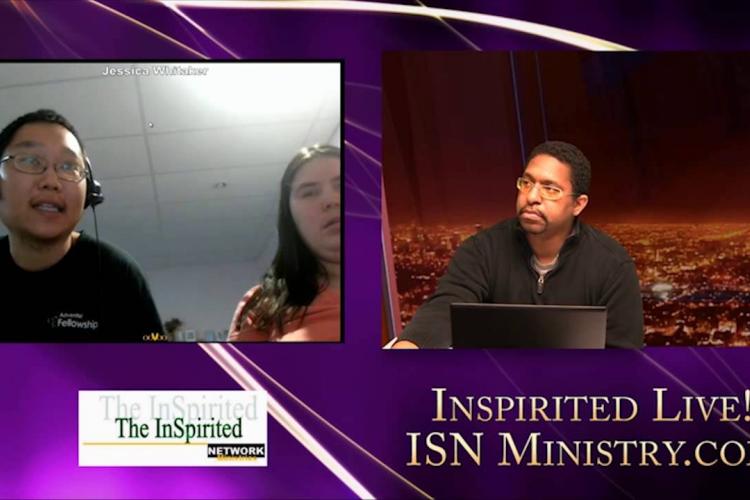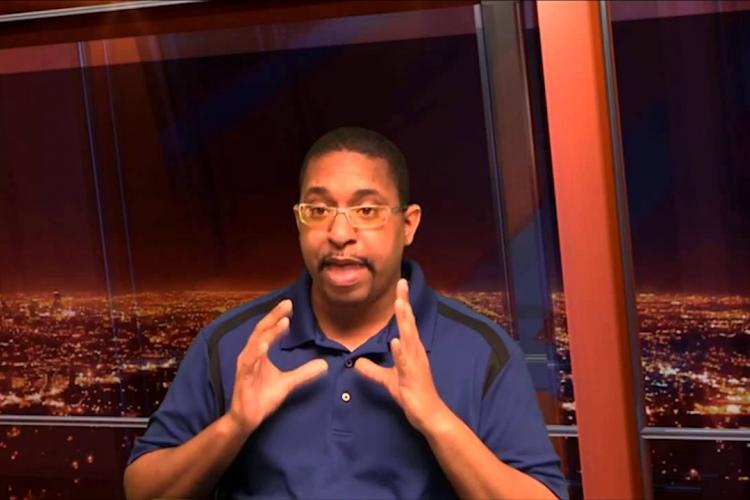What exactly happened in creation that led to the events of "the Fall"? How was Satan able to tempt two perfect people in a perfect world, and get them to rebel against the perfect God? What happened as a result of the Fall? Can these effects still be seen in our world today? What is God's plan to restore what was lost in creation? These questions are tackled in this week's study.
This week we start a new series on rebellion and redemption. Why is the world as messed up as it is today? Are the corruption, disease, pollution, and problems we observe part of God's design? What went wrong in the Garden of Eden? Is God to blame for Adam and Eve's mistake? Why did the tree of the knowledge of good and evil exist? Was mankind set up to fail? Why was humanity given power to choose? How does all this tie in with the Great Controversy and with our lives today?
As we study rebellion and redemption, what impact did sin have on humanity? How did sin impact the children of Adam and Eve as well as the generations to come? What does all this have to do with the Great Controversy? Did God step in to deal with this crisis or did He leave humanity on its own to fend for themselves? What does God's relationship with Abraham teach us about how sure can we be about God's promises? How do the lives of Jacob, Esau, and Joseph show us the growing process God takes us through to accomplish His plans for us?
What can we learn from the time period of the judges? Why did God raise up these men, women, and children? Why was victory over the army of Sisera given to a woman, Jael, rather than Barak? What can we learn from the story of Gideon about faith? How does the story of Samson show God's willingness to work through people even when they make mistakes? We will also cover the story of Ruth and Samuel. God works through human agencies when they are fully dependent on Him. Yet, even when they go down wrong paths, He turns problematic situations into opportunities.
What challenges and obstacles did the Early Church face? How did Jesus redirect his disciples to his true purpose while they still held on to their pre-conceived ideas and biases? What exactly is the good news of the gospel and in what way were Jesus' followers witnesses? How did the Great Controversy play out in the early church? In what ways did Satan attack the church from within and without? What can we learn from the Early Church that could help us with our challenges today?
How did Paul summarize the gospel? What was his take on the reality of rebellion and the Great Controversy? How did Paul suggest that we fight in this spiritual war? What did he mean when he compared the church to members of a body, materials of a building, or crops to be grown? How did Paul answer challenges that suggested that there was no resurrection of the dead? This week we take a look at Paul's teachings and how he illuminated many of these themes. Paul spoke of Jesus as the 2nd Adam and showed how the consequences of Adam's mistake was reversed through Christ's ministry.
Dr. Andy Nash joins us this week as we study the beginning of the ministry of Jesus. Why was Jesus led into the wilderness? How did Jesus fulfill prophecy as He went to different places during His ministry? What did Jesus' life reveal about the character of God in contrast to the character of Satan? What message did both Jesus and John the baptist preach, and how would that compare with the message that the world needs to hear today? How can we gain comfort and encouragement looking at the early days of Jesus' ministry according to the gospel of Matthew?
How influential was Jesus' sermon on the mount? What did these powerful words mean? What was the purpose behind the sermon and what did it mean for believers? What was so radical and different about the words of Jesus? Do they still apply to us today? How did Jesus establish the relationship between law and grace? Did Jesus use this sermon to replace the law? Did His sermon replace a system of legalism? Or was salvation always by grace? What did Jesus mean by exceeding the righteousness of the Pharisees and Scribes? This week we explore Jesus' sermon on the mount.
Why did Jesus have run-ins with the scribes and pharisees? Were the accusations against him true? Was Jesus a breaker of the Sabbath? Did He view the Sabbath as important? What was His message regarding the Sabbath and the legalistic regulations of the religious leaders? What message might this have for us today? Jesus invites us to take part in His rest. But what kind of rest was He talking about?
What is true greatness? How did Jesus define what it means to be great? How did Jesus believe those who are great should treat people? How can we compare this with our society today and the way it treats people? What are the ways in which we still break the first and second commandments today? Do we still have images or other gods in our lives? What are the things we still idolize? The book of Matthew illustrates instances in which people, like the rich young ruler, put possessions before God. Many were not willing to surrender everything and entrust it to God.










